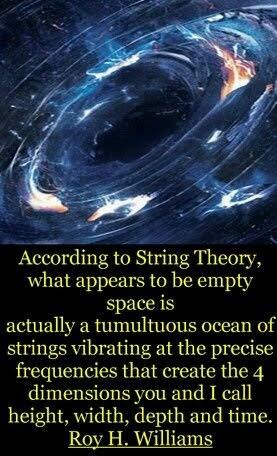our universe with or without boundary

Assuming a finite universe, the universe can either have an edge or no edge. Many finite mathematical spaces, e.g., a disc , have an edge or boundary. Spaces that have an edge are difficult to treat, both conceptually and mathematically. Namely, it is very difficult to state what would happen at the edge of such a universe. For this reason, spaces that have an edge are typically excluded from consideration. However, there exist many finite spaces, such as the 3-sphere and 3-torus , which have no edges. Mathematically, these spaces are referred to as being compact without boundary. The term compact basically means that it is finite in extent ("bounded") and complete . The term "without boundary" means that the space has no edges. Moreover, so that calculus can be applied, the universe is typically assumed to be a differentiable manifold . A mathematical object that possesses all these properties, compact without boundary and differentiable, is t...